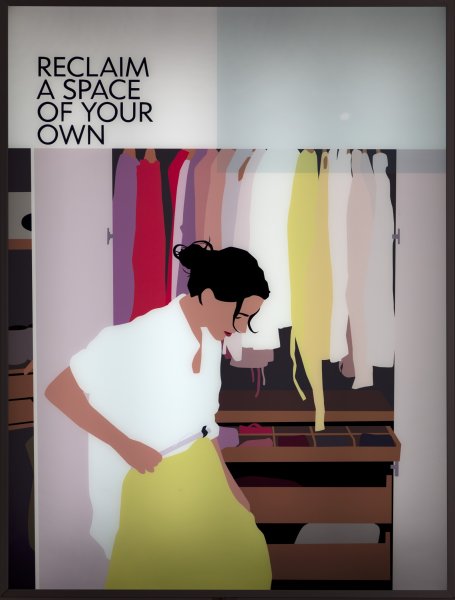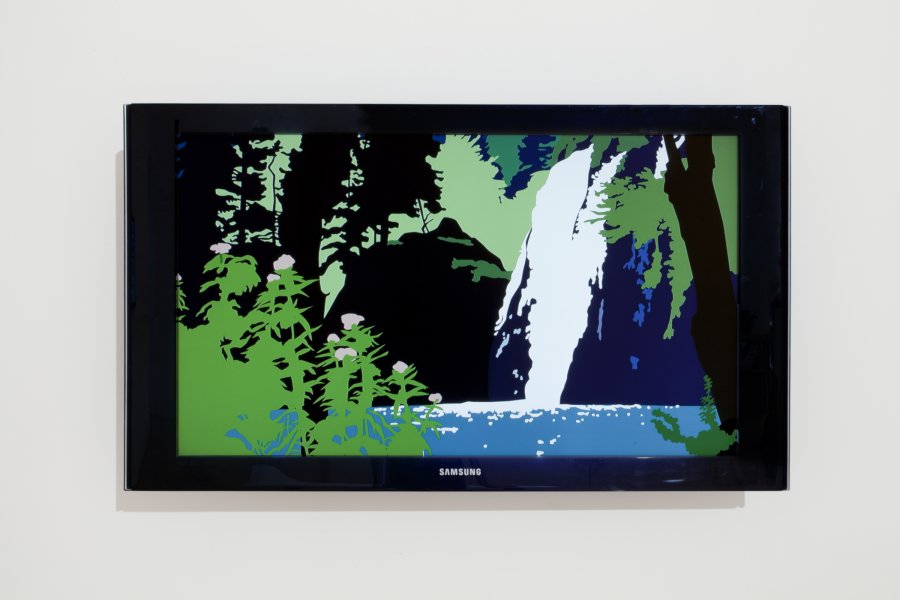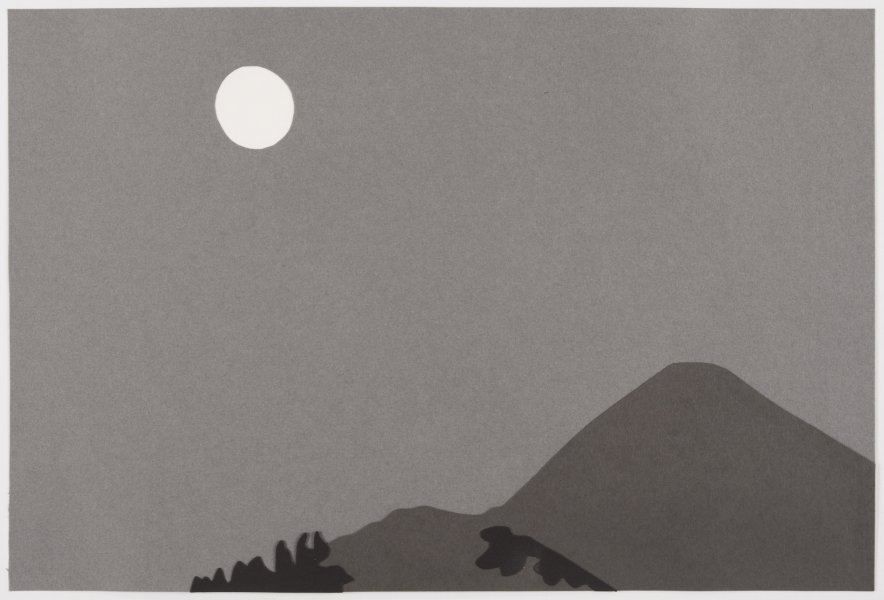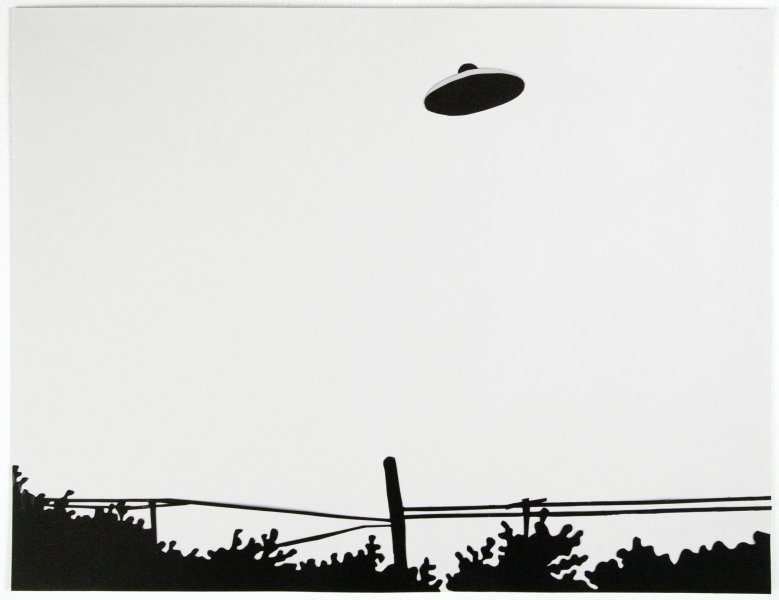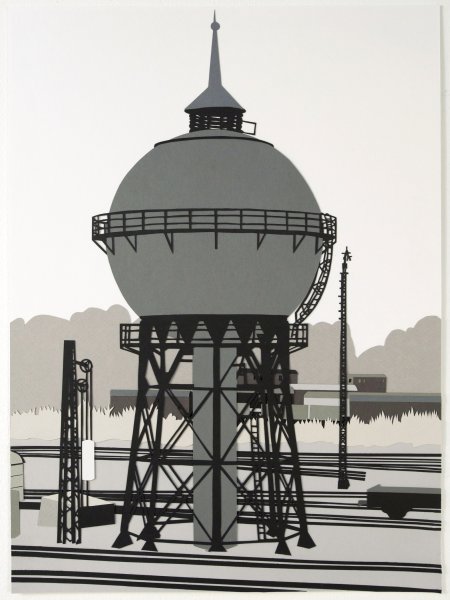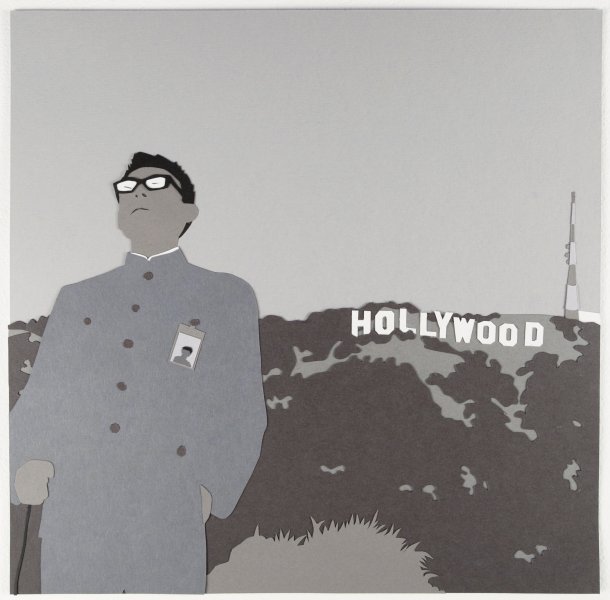Kota Ezawa: REDRAWN
Friday, October 4, 2013–Sunday, January 19, 2014
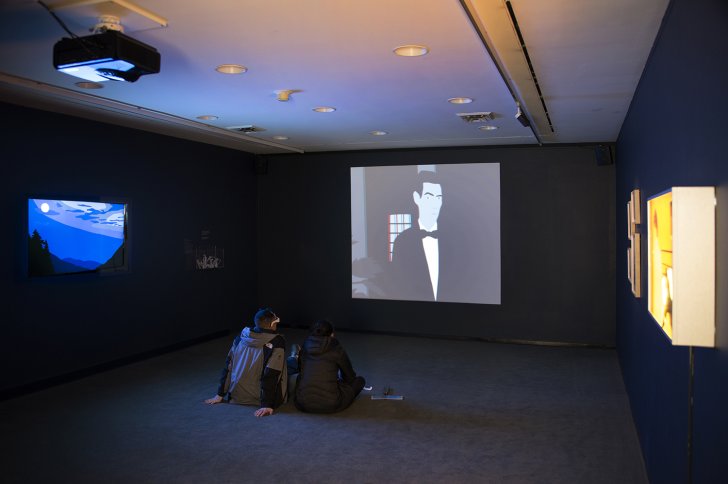
Installation view of Kota Ezawa: REDRAWN. Photograph by Tom Loonan.
Gallery for New Media
Kota Ezawa (German, born 1969) recontextualizes images from art history and popular culture in animated videos, slide projections, light boxes, collages, and works on paper. Ezawa believes that “it is more interesting to look at something you know than to look at something you don’t know.” By appropriating videos and images from pivotal events in American history—such as the arresting silent film of the motorcade assassination of President John F. Kennedy recorded by Abraham Zapruder, or footage of the verdict announcement at the conclusion of the O. J. Simpson murder trial—in addition to commonplace images of American consumer life—such as in A Space of Your Own, 2007—Ezawa creates viewing experiences that are based on the familiar and laden with cultural significance.
This exhibition featured a selection of works from a series Ezawa created that focuses on physical space versus illusionary space, and how reality and fiction merge to form intricate relationships in films, television, and photographs. Ezawa’s City of Nature, 2011, weaves together brief excerpts from twenty popular films—such as Days of Heaven, 1978, and Brokeback Mountain, 2005—in which pristine nature is featured onscreen. The images are drawn freehand using digital animation and then edited together, frame by frame, to form the work’s narrative. Nature is the central character in this work, rather than a backdrop or a cutaway between scenes.
City of Nature was accompanied by a selection of paper cutouts representing iconic historical or art-historical photographs; these images were part of The History of Photography Remix, 2004–06, Ezawa’s ongoing survey of the last 165 years of “western photo-culture.” From the classic water towers of Bernd and Hilla Becher (German, 1931–2007 and 1934–2015) to images of UFOs, these images engage a collective unconscious and exemplify how the work of pioneering photographers has influenced our cultural perceptions. Although the original sources that many of Ezawa’s images reference are not always immediately recognizable, the dialogue between past and present was evident.
This exhibition was organized by Albright-Knox Curator for the Collection Holly E. Hughes.
